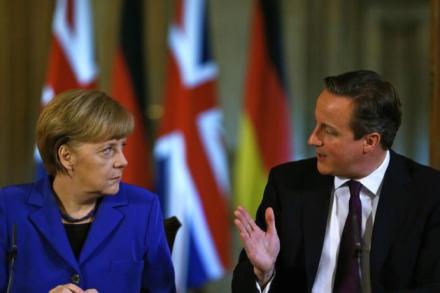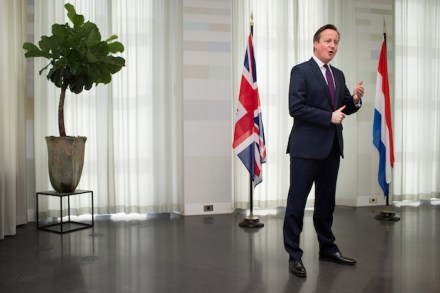Why has David Cameron appointed his chum Ed Llewellyn to the Privy Council?
After the general election, Edward Llewellyn, the Prime Minister’s chief of staff, was made a Privy Councillor. Any member of the Privy Council is addressed as ‘Right Honourable’ and these words well describe Llewellyn’s character, so there is no problem there. But why should an adviser be given this role? If you study the list (which, be warned, takes a long time), you will see that Privy Councillors are almost all MPs (or ex-MPs), peers or judges. This is because they are supposed to be, in some small way, powers in the land, people in their own right, rather than servants of the powerful. There are a few exceptions —



















